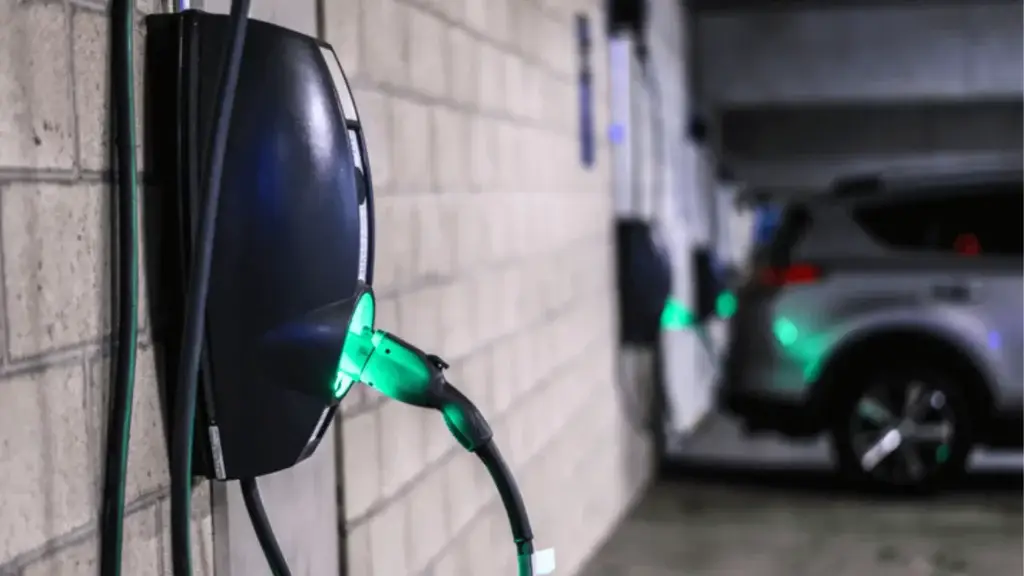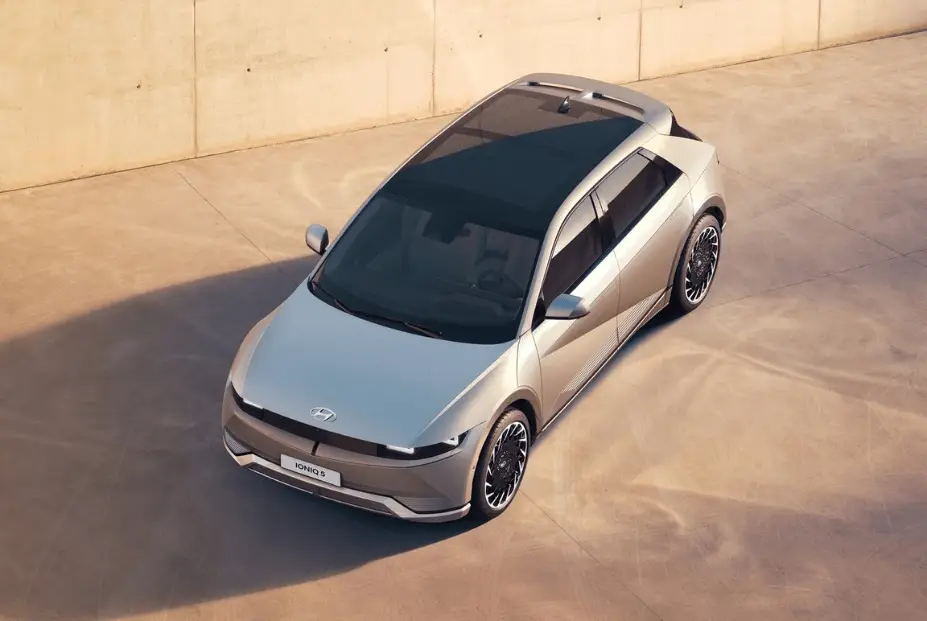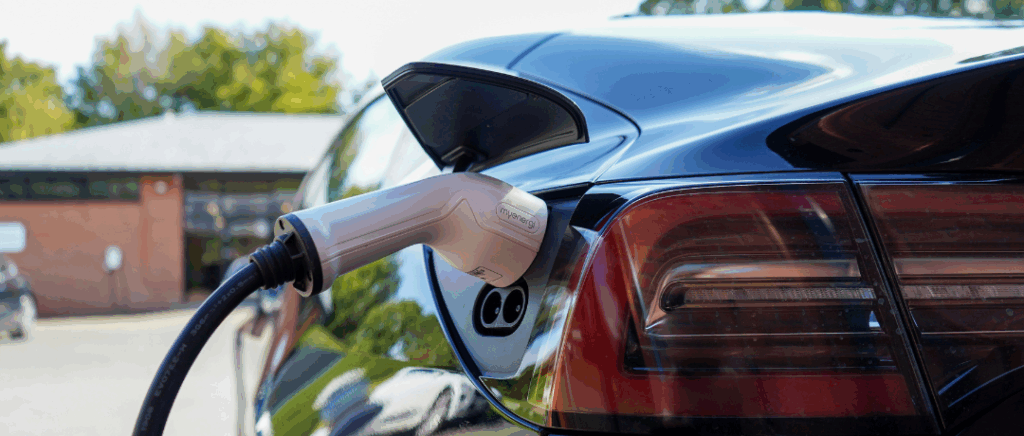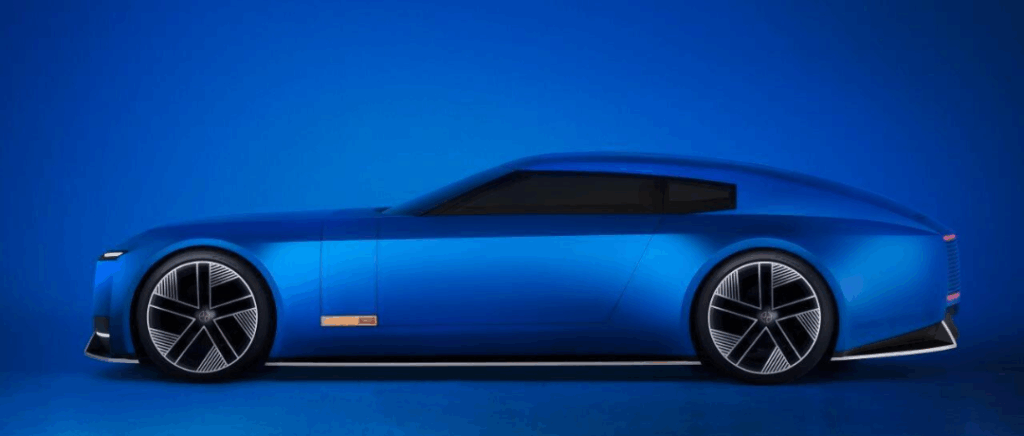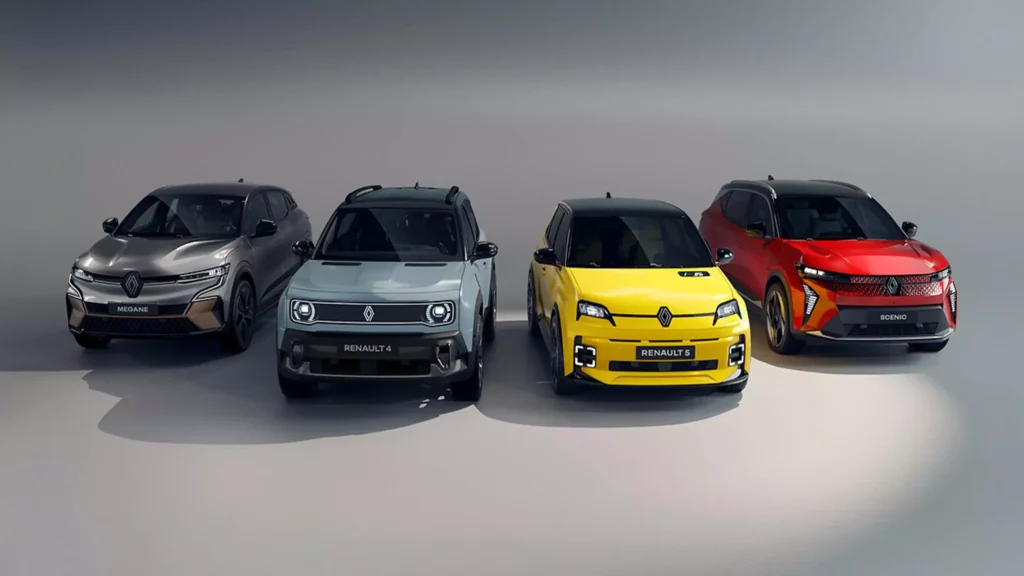Our experts answer your questions with a smile
Monday to Friday 9am - 12.30pm - 2pm - 7pm
What are the different recharging solutions?
Where can I recharge my electric car? Good question! Charging is one of the first questions people ask themselves before switching to electric cars.
Today, there are many choices when it comes to recharging solutions, and it's up to you to choose the recharging solution that suits you best.
Let's find out together!
Home charging points
Today in France, 8 out of 10 electric car owners recharge at home. But between the standard socket, the reinforced socket and the WallboxIt's not easy to choose. We explain it all to you!
230 V socket
The most affordable way to recharge your electric car is to plug it into a conventional socket. However, you'll need to make sure that your home's electricity network can cope with such a charge, by calling in a professional. You'll benefit from a limited power output of between 1.6 kW and 2.3 kW on average, but this could prove sufficient if you recharge your vehicle every night for your daily journeys.
Reinforced socket: Green'Up
If you want to recharge a little faster without breaking the bank, you can buy a reinforced socket. Legrand Green'Up. This equipment looks like a conventional outdoor socket, but it has been designed for regular recharging of an electric vehicle. It has a power rating of up to 3.2 kW, allowing you to regain around 200 kilometres of charge.autonomy for one night.
Home terminal: Wallbox
A Wallbox is a box that can be fixed to the wall to recharge an electric car. It can be installed in a private garage or in a company or public car park.
The Wallbox charging point is the most recommended solution for recharging your electric car. It's the fastest, most flexible and safest way to charge an electric car at home. There is a very wide range of products offering various options such as power regulation, remote control, consultation via an integrated screen, locking and access control.
Wallbox power ranges from 3.7 kW to 22 kW. With a Wallbox, you'll always have a battery full in the morning.
Public charging points
Alongside home recharging solutions, electric car owners can also rely on recharging stations that deliver normal, accelerated and fast recharging power in excess of 22 kW.
Where can I find a charging point for my electric car?
The stations allow private individuals to recharge their vehicle batteries just about anywhere in France. Today, there are almost 80,000 recharging points across France in 2023.
Finding your charging point couldn't be easier! Lo locate the nearest charging points by downloading the application ChargeMap on your smartphone or on our Easy Charging Quality application
How much does a full battery charge cost for an electric car?
Before we talk about cost, it's important to review the different methods of payment you can use for your electric car.
What are the different access methods?
- Access badge : To charge your electric vehicle at a public charging point, you will usually need a charging card. In many cases, this was given to you when you bought your electric vehicle. If not, you can order one from various operators. Discover our Beev top-up card !
- Credit card : Increasingly present When payment by credit card is offered at charging stations, it is often made via a mobile application. In this case, a QR code can be scanned to authorise payment and access to the terminal. Some chargepoints are now equipped with contactless credit card terminals. In this case, a pre-authorisation is made on your card for the duration of the charge, and you are then billed the actual amount, a bit like at a petrol station.
- Plug & charge is the last existing method. It is also the simplest. All you have to do is plug your vehicle into the charging point, which will then communicate with you to initiate the charge and bill you. This system already exists on some networks, such as Fastned, Ionity and Tesla with its Superchargers.
You want to order your Beev recharge card ?
Thanks to our card,recharge your electric car with ease at all the charging points available in Europe.
How much does recharging cost?
You can recharge your electric car for free - yes, you heard us right. Don't panic, we'll explain everything!
While most major shopping centres offer free charging, there is a whole network of private charging stations that issue access cards, as we explained earlier. These access cards may be specific to the network used, or interoperable, or usable on a number of partner networks.
The cost of a top-up varies from a few centimes to several dozen euros.
The main factors affecting the price of recharging are the power of the station and its location. As with petrol, an ultra-fast recharging station located on a motorway service area will be more expensive than a slow station located in the city. To find out all the prices before you recharge, download our Easy Charging Quality mobile application.
One thing's for sure with your electric car, you'll save money on your wallet.
How much does a home charging point cost?
Now let's look at home charging, which is the most popular option for electric car users.
Home recharging is without doubt the most economical way of recharging your electric car. In terms of price, the electricity used to power your electric car will cost you no more than that used to run your oven or washing machine.
Green'Up socket
Expect to pay around €60 for such a plug, and up to €150 if it comes with an earth leakage circuit breaker. Note, however, that this price does not include installation by a professional, which is strongly recommended.
Wallbox
A Wallbox costs between €500 and €1,500, and you can claim a tax credit of 30 % on its purchase and installation, regardless of your income. To benefit from State aid and ensure that your installation is safe and compliant, you need to work with an IRVE-qualified installer.
If you want to know the advantages and disadvantages of the Green'Up reinforced socket and the Wallbox, just click here. here.
How much does a full battery charge cost for an electric car?
As you know, the electric car is presented as the alternative to combustion-powered cars that use polluting fuels and depend on fossil fuels. But is the electric car really that attractive to use?
The power consumption of an electric car varies according to a number of factors, from the battery capacity to the use of the vehicle and the driving speed adopted. Depending on this, recharging will be more or less frequent. The unit of measurement also has to be taken into account. For an internal combustion car, the indicator litre per hundred kilometres is used to talk about petrol/diesel consumption. For an electric car, we talk about kilowatt hours per hundred kilometres.
Good to know: in France, the average consumption of electric vehicles is between 13 kWh/100 km and 20 kWh/100 km
Cost of recharging
It's easy to calculate the cost of recharging your electric car!
Simply take the consumption of your electric car, which averages between 12 and 20 kWh/100 km, and multiply it by your energy supplier's kilowatt-hour tariff. Taking the regulated sales tariff (TRV) for 2022 as 0.1841€/kWh for peak hours and 0.147€/kWh for off-peak hours, we arrive at the indicative values below.
What financing solutions are available for a recharging point?
There are several ways to finance the installation of charging points, which can sometimes prove costly. Firstly, there are a number of grants available to help reduce your installation costs:
- tax credit
- the Advenir grant
- reduced VAT
However, in addition to these various forms of support, you can also use micro-loans as a financing solution for your charging point.
Many organisations, such as FinFrog allows you to obtain finance quickly and easily. You can get up to €600 within 24 hours and spread the monthly payments for your recharging solution over several months.
If you would like to find out more aboutsupport for the installation of charging points for private customers in 2024For more information, see our article on this subject.
